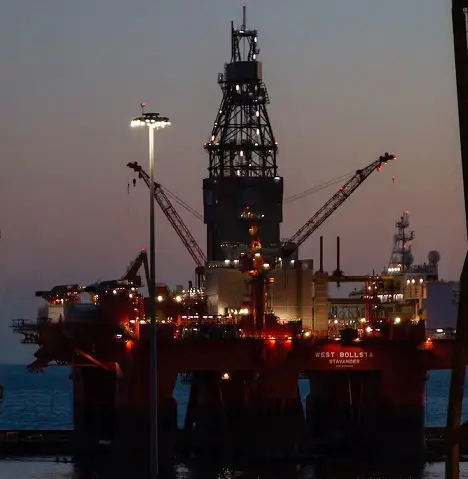ExxonMobil has announced the company has fully exited Russia, discontinuing its operations in the Sakhalin-1 project after the government transferred it to a private entity through an official government decree.
In a statement the company said, “With two decrees, the Russian government has unilaterally terminated our interests in Sakhalin-1 and the project has been transferred to a Russian operator. We have safely exited Russia following the expropriation.”
Exxon made no mention of receiving any compensation for the assets it abandoned, which had previously been estimated to be valued at over $4 billion.
The company had been trying to exit the Sakhalin-1 project since March, but said it was prevented from doing so by a Presidential order. Last month it threatened the Russian government with a lawsuit, unless it was allowed to exit the oil and gas project.
Earlier in the month President Vladimir Putin had signed a decree preventing companies from “unfriendly states” from selling any interests in specific strategic projects, which included the Sakhalin ventures.
The decree also directed the Russian government to create a new legal entity to take control of the rights and responsibilities of the Sakhalin-1 project, its inventor rights, and the operation of the project, which had been being handled by Exxon Mobil subsidiary Exxon Neftgas Limited. At the time, Exxon Neftgas held a 30% stake in the project.
The Russian government gave foreign stakeholders one month to declare if they intended to preserve their rights in the project, or if they preferred to exit their holdings. The government further stated that those who chose to exit their holdings would be compensated, however the compensation would be adjusted to account for the potential losses brought on by the halt in production at Sakhalin-1 earlier in the year.
Japan’s SODECO, India’s ONGC Videsh, and Russian oil major Rosneft all also shared stakes in the venture.
ExxonMobil had announced earlier in March, following the onset of the conflict in Ukraine, that it intended to exit its operations in Russia due to Western sanctions.

